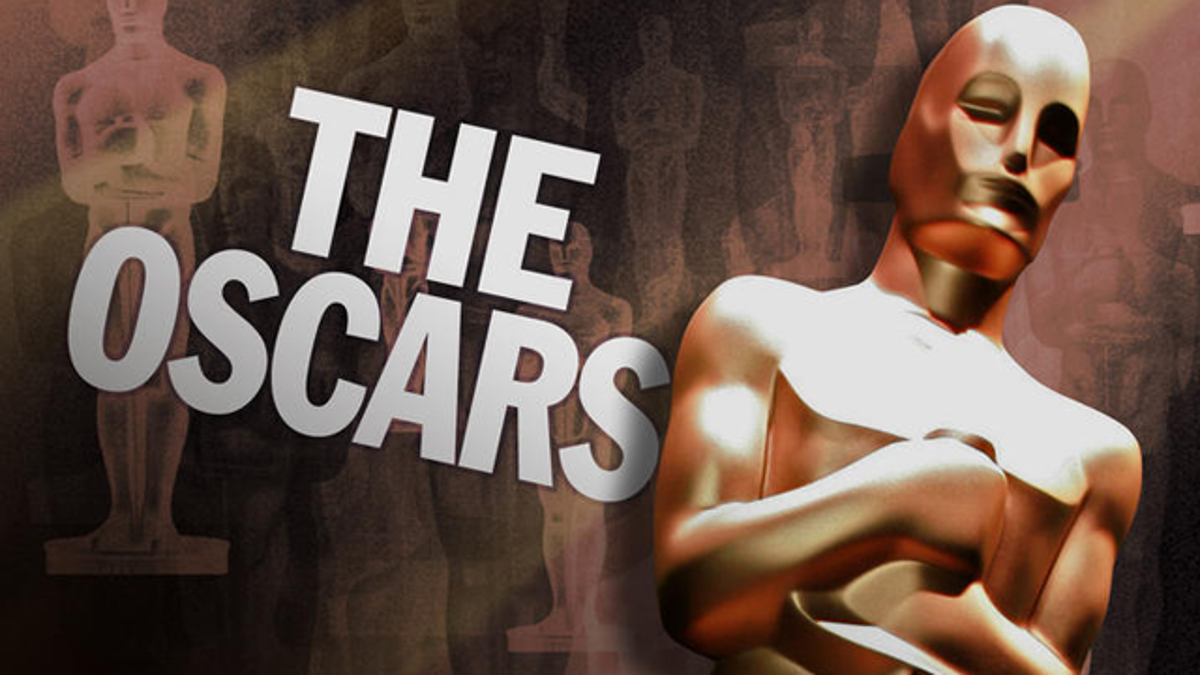
Still regarded as the ultimate critical accolade in the film industry, the Oscars have seemingly managed to achieve the impossible by remaining relevant for 82 years. But in the information age, where blogs and independent Web sites allow nearly everyone the chance to be a critic, do the Academy Awards really mean anything to the average viewer?
Some industry insiders argue that the Academy of Motion Picture Arts and Sciences are still the single most important force in an industry that contributes $10 billion to the economy in box office sales alone.
"This is the Super Bowl of the movies," insists Steve Polsky, president and COO of Flixster.com, a social media site that reaches 20 million people each month. "People enjoy the event in and of itself."
According to Polsky, all of the Web chatter that goes on throughout the year doesn't make the big night any less exciting.
"With social media there's a huge magnification of word-of-mouth about films – but this is the one time of year where the industry celebrates," says Polsky. "That's separate from the general buzz that happens during the year."
RELATED: Will Two Hosts at the Academy Awards Spell Disaster?
In fact, Flixster is putting even more of a focus on the Oscars this year. The site saw a 16 percent increase in traffic on its mobile apps immediately after the Golden Globe awards in January. Some films – like the little-seen "Crazy Heart" – saw traffic increase on Flixster by over 300 percent after Jeff Bridges won the Globe for Best Actor.
But some feel the Oscars should be ready to shift to accommodate technology, not the other way around. An indie like "Crazy Heart" can get some crazy love, but many quality independent films still struggle for distribution despite critical accolades. And if a film can't get a theatrical premiere, it can't be eligible for an Oscar.
SLIDESHOW: The Worst Oscar Hosts of All Time
That's what happened with last year’s critically-acclaimed "Sita Sings the Blues," an animated musical by Nina Paley which won several festival awards and then got tangled up in music copyright issues. Concerned the film would never get a wide release, Paley put the film on the Internet for free, and on public television.
"The [Motion Picture Association of America's] release model is so obsolete," says Paley. "It's definitely not the only way. It forces any independent films that want to qualify for an award to give up a lot of options to enjoy that privilege, all of which has nothing to do with the quality of the film."
RELATED: 'Avatar,' 'Hurt Locker' Lead Academy Award Nominations With Nine Each
By failing to recognize the shifting winds in filmmaking and distribution, the Academy risks making itself seem even older than 82, according to many industry insiders.
This year, there are token nods to the younger generation: The expansion of the Best Picture category to 10 films was meant to include pictures that might not usually make the cut, and word has it that this year will feature an official online correspondent who will live-blog the event.
But it's hard to say if such efforts will really tap into a younger demographic.
"Every year, they worry about ratings," says Jim Colucci, TV correspondent for "The Frank DeCaro Show" on Sirius XM. "But it's hard to get the young people – they're out partying, or on the Web, or playing games."
And whether Oscar realizes it or not, he owes more and more to that Web every day.
"The Oscars are really about select members of the industry picking the best films," says Matt Atchity, editor-in-chief of Rotten Tomatoes.com. "My friends and I would argue about whether they picked the best film, and in the information age, people like to argue. What's great about the Oscars these days is it's yet another subject that serves to feed the conversation."
A conversation which is taking place … on the Web.














































